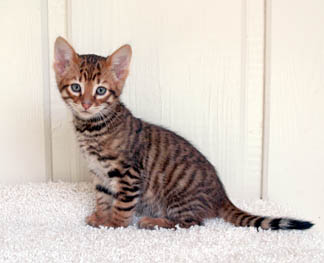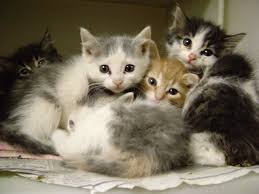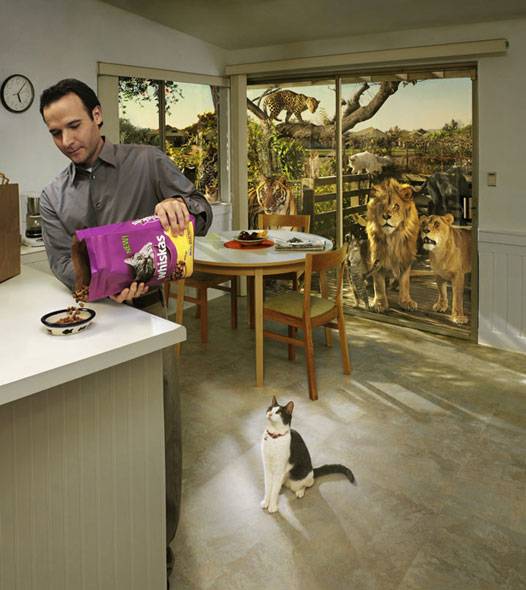
House Cats
House cats, much like their wild counterparts, are mainly territorial. They want to establish territories to avoid chance encounters with other cats that could lead to fighting and injury. Marking their territory can be through scratching, spraying, urine and rubbing. They leave visual and scent marks which gives information such as sex, age and health to other feline neighbors.

Cats love routines. Anything that diverts from the familiar agitates them. Whether feeding, litter box cleaning, grooming, or playing, cats anticipate these activities the same time they occur every day. We just don't notice it, but house cats are well aware of the daily activities in the household.
House cats have not always been the refined pet that we all love today. In fact, the modern house cat is a product of natural selection and evolution. Today's pet is much different than its predecessors, which were wild, unruly felines that would rather attack a human than rub against someone's leg.

The number of house cats is increasing. More and more cat owners are deciding that it's no longer safe for their cat to go outside unsupervised; cars, other animals, poisons and malicious people are just some of the reasons. Indoor cats can lead very happy lives, but they do need to be entertained more than outdoor cats. If house cats aren't stimulated enough, they'll get bored and may become stressed or exhibit cat behavior problems such as scratching the furniture and ignoring their litter box.

Get him some good cat furniture. A scratching post is a must. Two or three in different areas of the house is even better. If you can afford it, cat trees and cat condos are great for entertaining house cats. If you're on a tight budget, you can make a cat condo using boxes, carpet, logs etc.



House Cats

No comments:
Post a Comment
Dear Visitor,
Please feel free to give your comment. Which picture is the best?
Thanks for your comment.